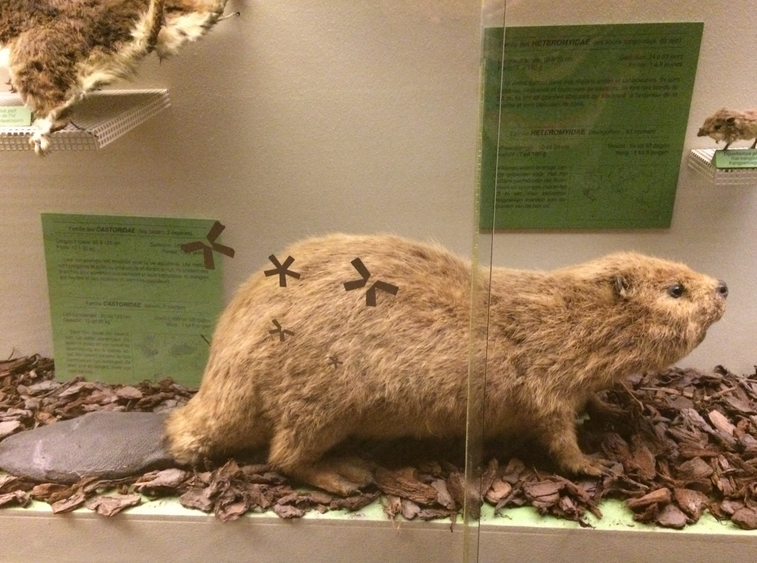Roosevelt african hall
罗斯福非洲馆
Akeley's second expedition to Africa was made in 1905, when he collected the elephants for The Fighting Bulls,
阿克利第二次前往非洲是1905年,当时他为“战斗公牛”展收集大象,
now perhaps the outstanding group in the Stanley Field Hall of the Field Museum in Chicago.
如今它或许已成为了芝加哥菲尔德博物馆斯坦利·菲尔茨馆的经典展品。
In 1909 Akeley made his third expedition to Africa, this time for the American Museum of Natural History in New York City.
1909年,阿克利第三次前往非洲,这次是为纽约的美国自然史博物馆。
Among other things, he collected the animals for the statuesque group of African elephants
除了收集其它动物以外,他为高挑的非洲大象展品收集动物,
to be placed in the African Hall of the American Museum.
这些标本将摆放在美国博物馆的非洲馆。
They now stand where they were mounted, awaiting the completion of Akeley's dream, which was the construction of African Hall,
他们都摆放在正确的位置,等待阿克利实现自己的梦想,那就是建造非洲馆,

proposed by Akeley as a monument to his great friend, our naturalist president, Theodore Roosevelt.
这一想法来源于阿克利,他是为了纪念自然主义者,总统西奥多·罗斯福。
In fact, the cow elephant of the group was collected by Roosevelt and the calf by his son Kermit, when they were hunting with Akeley.
事实上,作品中的小象是罗斯福收集的,小牛犊是他的儿子科密特收集的,当时阿克利与他们一起打猎。
It was on this expedition that Akeley planned more fully his dream of African Hall.
也就是在这次非洲之行上,阿克利详细计划了建造非洲馆的梦想。
On the main floor, the outstanding feature is to be the great elephant group which Akeley called The Alarm.
在主层,最吸引人的一定是大象标本,阿克利将其称之为“警报”。
Since the elephant is the largest land animal now living and is a fine example of wild animal life in Africa,
因为大象是体型最庞大的陆地动物,也是非洲野生动物的代表,
it is fitting that the elephant should be the outstanding animal in this hall.
让大象成为馆中之王是最适合的。
There will also be a family group of the black rhino and a similar group of the square-lipped or white rhino.
展品还包括黑犀牛的家族标本,以及与它非常相近的白犀牛。
At the sides of these will be three large bronze figures of native lion-spearmen.
在这些展品的旁边会有三个巨型铜制人像,他们是当地的猎狮枪兵。
These groups will last forever without the protection of glass cases.
这些标本无需玻璃罩保护就可以永存。












